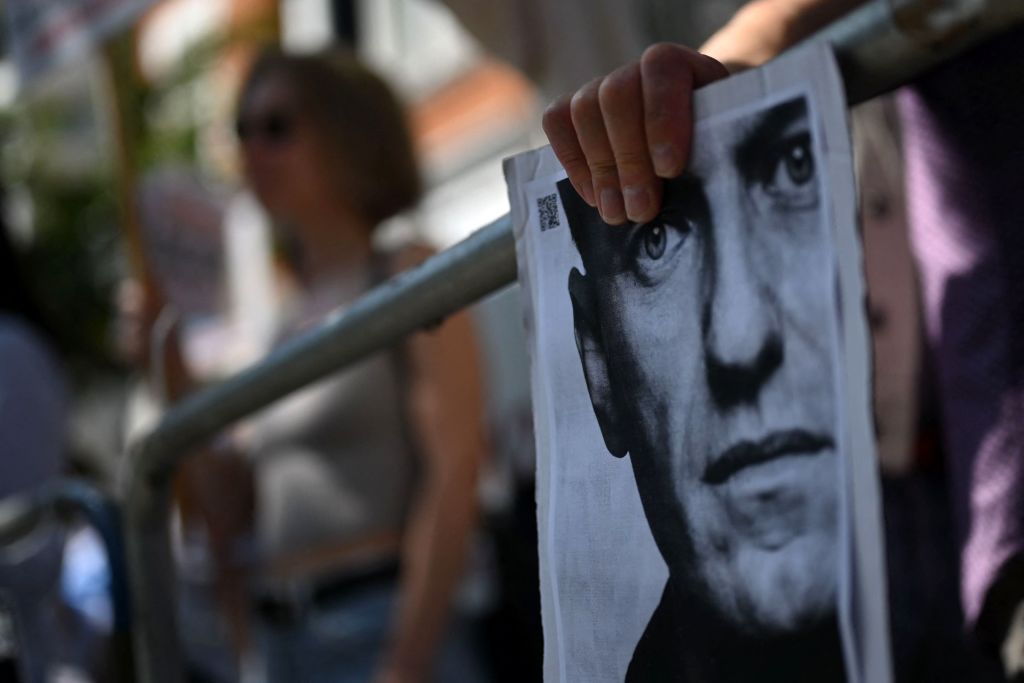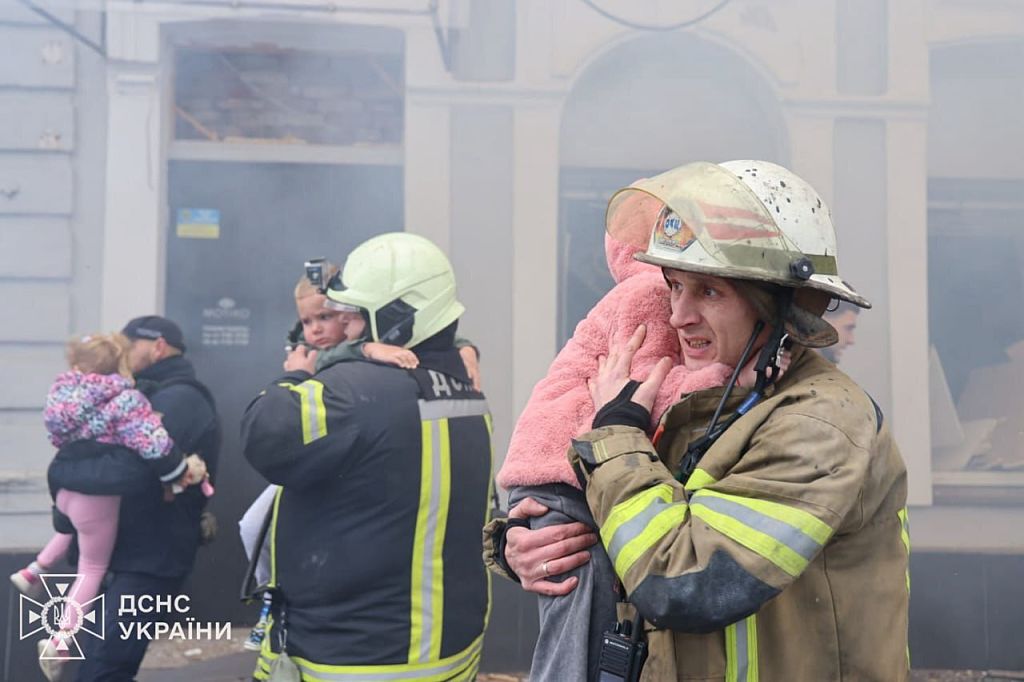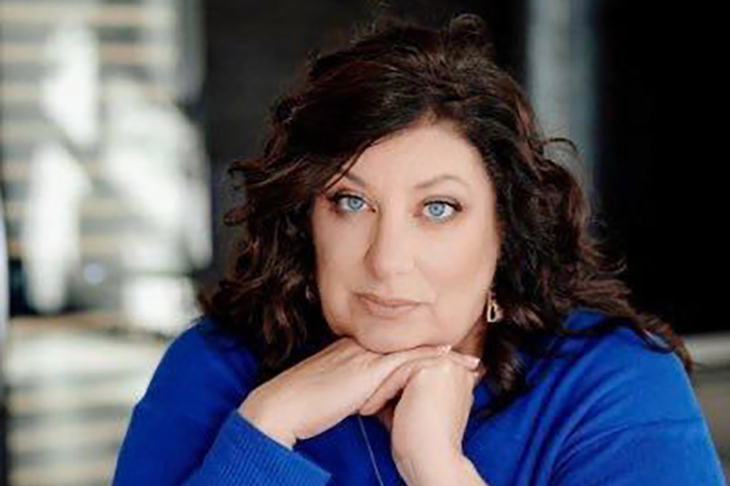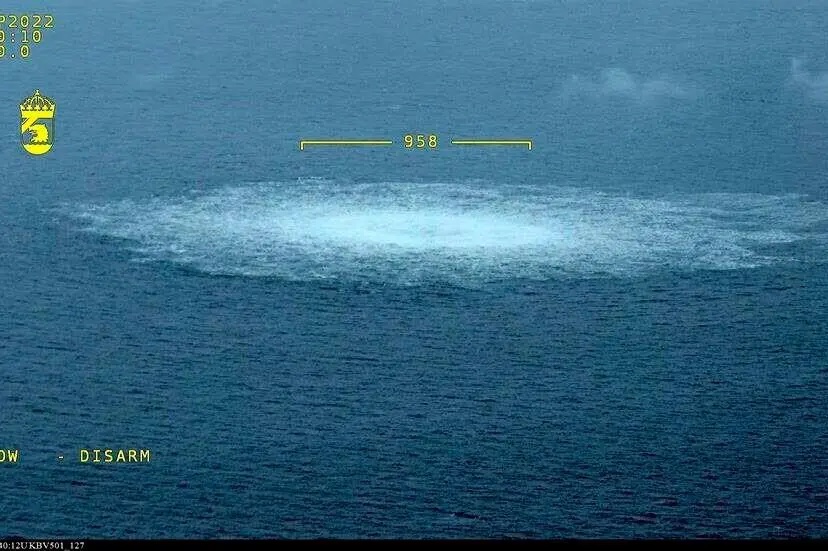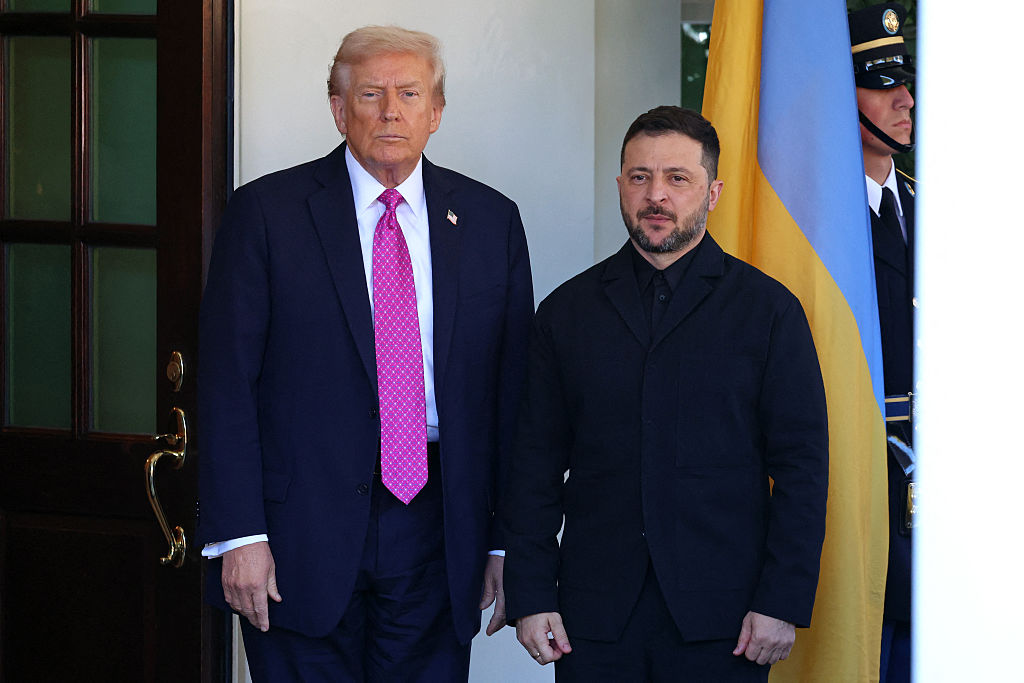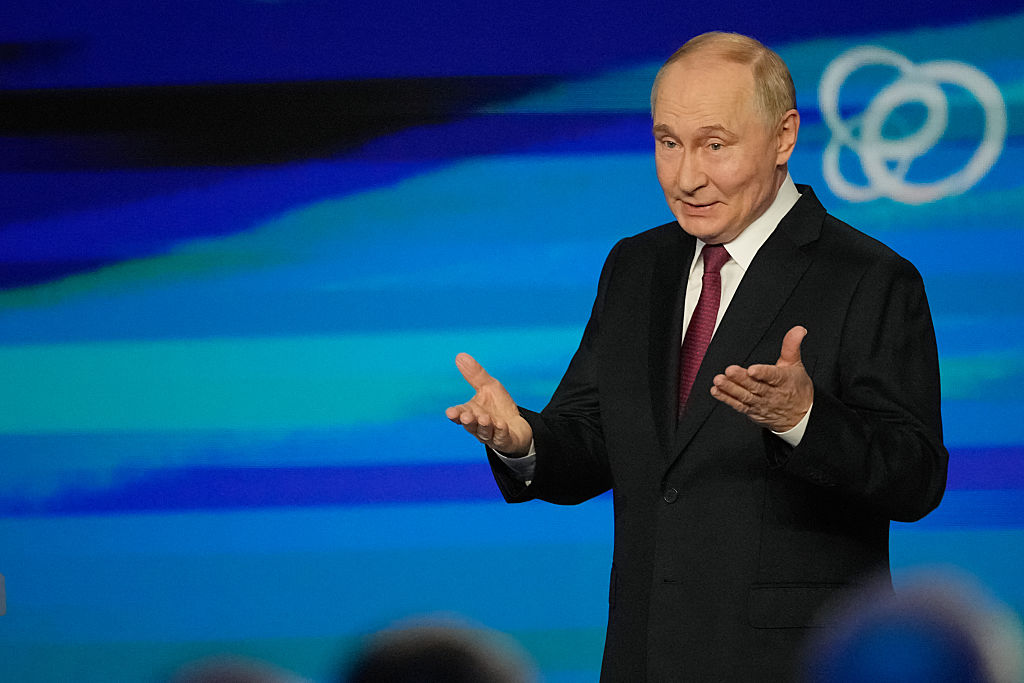How many memorable quotes has the Russia-Ukraine war produced so far? Along with Snake Island’s defiant “Fuck you Russian warship,” we’ve had President Zelensky’s refusal to leave Kyiv at the beginning of the war with the words: “I need ammunition, not a ride.” We also have his “Bravery takes you through the most unimaginable hardships to lead you to victory” and his “No one’s going to break us. We are strong. We are Ukrainians,” though these are perhaps less interesting; the first a bit like something from a Disney poster (two kittens find their way home across the desert), the second awkwardly conjuring up memories of the Rocky films. Better, perhaps, the wry and tongue-in-cheek. A corker of this variety was a tweet from the official Twitter account of Ukraine after the downing of the Russian flagship Moskva: “Russian warship, what are you sinking?”
Then there are Yevgeny Prigozhin’s greatest hits. Horribly cynical, in a morgue full of dead soldiers: “They’ve done their term or service, and now they’re going home.” Brutal, at the execution of a Wagner deserter with a sledge-hammer: “A dog’s death for a dog.” And blazing away gung-ho style on a field of dead bodies at the top brass he holds responsible: “You scum sit there in your expensive clubs… They volunteered and are dying for you while you get fat in your redwood offices. Wise up!”
This may have been Krieger’s finest hour but, about to enter a Russian prison for seven years, he knew the risks
Prigozhin is fast emerging as the Gollum of this conflict, both obsessed with the Ring of victory and desperate to be free of it, neither wholly good nor wholly evil, his hairless, hideous head popping up regularly on our screens to spew some kind of bile — always, it pains one to report, rather entertainingly.
Yet Gollum has not cornered the market in good tunes. The opposition have also made some inspirational last speeches before being led off to jail. Indeed, the last fifteen months have been something of a golden age for the do-or-die rhetoric of martyrdom.
First we had opposition leader Navalny’s blazing court-room speech (delivered by link from a prison-cell) last May, as his appeal against a nine-year prison sentence was quashed. “I view this court with contempt. I view your whole system with contempt, and I view your authority with contempt… And of course, I am ready to stay here in prison to prove to the whole world and to myself, most importantly, that not all people in Russia are such crazy, insane perverts and bloodsuckers… But I want to say that of course your time will pass… And when you all burn in hell, your grandfathers will throw firewood into your fire. They who did not want you to use their portraits to arrange new wars in the twenty-first century. That’s it, thank you.’
Last December, jailed opposition activist Ilya Yashin (an eight-year sentence) took a different approach. Thanking the judge for the relative transparency of the trial, he went on to address her more personally. “I see you as a living person who will take off the judge’s robe in the evening to go grocery shopping at the same store where my mom buys her cottage cheese… I’m sure that you are just as shaken by this war as I am, and that you pray for this nightmare to end as soon as possible.” It was, he said, “better to spend ten years behind bars as an honest man than to burn silently in shame for the blood being shed by your government.”
But then he turned on Putin. “You have brought terrible misfortune to the Ukrainian people, who will probably never forgive us… You send hundreds of thousands of Russians into a combat inferno, and many of them will never come home… Many more will be disabled or lose their minds from what they saw and felt. To you, this is just statistics — columns of numbers. But to countless families, this means the unbearable pain of losing husbands, fathers and sons.”
In April this year, twice-poisoned oppositionist Vladimir Kara-Murza was, for publicly criticizing the war in Ukraine, given a staggering twenty-five-year sentence. After blasting the secrecy of the trial, he dismissed state demands for his remorse: “The criminal, of course, must repent of his deeds. I’m in jail for my political views.” He was proud, he said, of his actions, and only regretted not getting through to more of his countrymen.
“But I also know that the day will come when the darkness over our country will dissipate. When black will be called black and white will be called white; when at the official level it will be recognized that two times two is still four; when a war will be called a war, and a usurper a usurper; and then those who kindled and unleashed this war, rather than those who tried to stop it, will be recognized as criminals.”
Perhaps the most virulent speech of all is the most recent, in May this year — from Moscow civil activist, the Ukrainian-born Mikhail Krieger — whose final statement before a seven-year prison sentence was a last-ditch tour de force. Stating, “This war is a rare type of conflict in which one side is 100 percent in the right. And it’s the Ukrainian side,” he went on to excoriate the Russian leader in near-suicidal terms, saying he “dreamt” of Putin’s death.
“I’m positive that our dictator deserves the same kind of execution as other war criminals that were sentenced to death by hanging at the Nuremberg trials… He too is a treacherous tyrant who has usurped unlimited power and is elbow-deep in blood… It’s at this butcher’s behest (on that I insist) that blood keeps pouring every day… Have I provided a sufficient and clear justification for my dream?”
He’d only got started. Putin, Krieger said, had become “a fan of the real Führer and appears to have taken a leaf from his book.” The FSB had surpassed Hitler’s Gestapo “in its vileness and baseness… Because German executioners, as inhumane as they were, combated real enemies of the Reich and the Führer instead of inventing them.” The FSB’s reported practice of using electric shocks during interrogations, was, Krieger added, “cannibalistic, horrendous… not a handful of isolated incidents. What am I supposed to feel for the personnel of this bureau? Boundless respect and simpering delight?”
This may have been Krieger’s finest hour but, about to enter a Russian prison for seven years, he clearly knew the risks. “If you read or hear one day that ‘Krieger changed his mind,’ ‘Krieger withdrew his statement,’ ‘offered an apology’ and so on, know one thing: my loved ones or myself are in grave danger.”
Of course, in all these cases the Russian justice system, venal though it is, had the last word. But that perhaps should go Vladimir Kara-Murza and a quiet aside he made to his lawyer after sentencing. Kara-Murza, she said, seemed not downcast but almost elated.
“My self-esteem’s even gone up,” he said to her. “Twenty-five years is the highest score I could get for what I did, what I believed in as a citizen, as a patriot, as a politician. So I did everything right.”
This article was originally published on The Spectator’s UK website.



